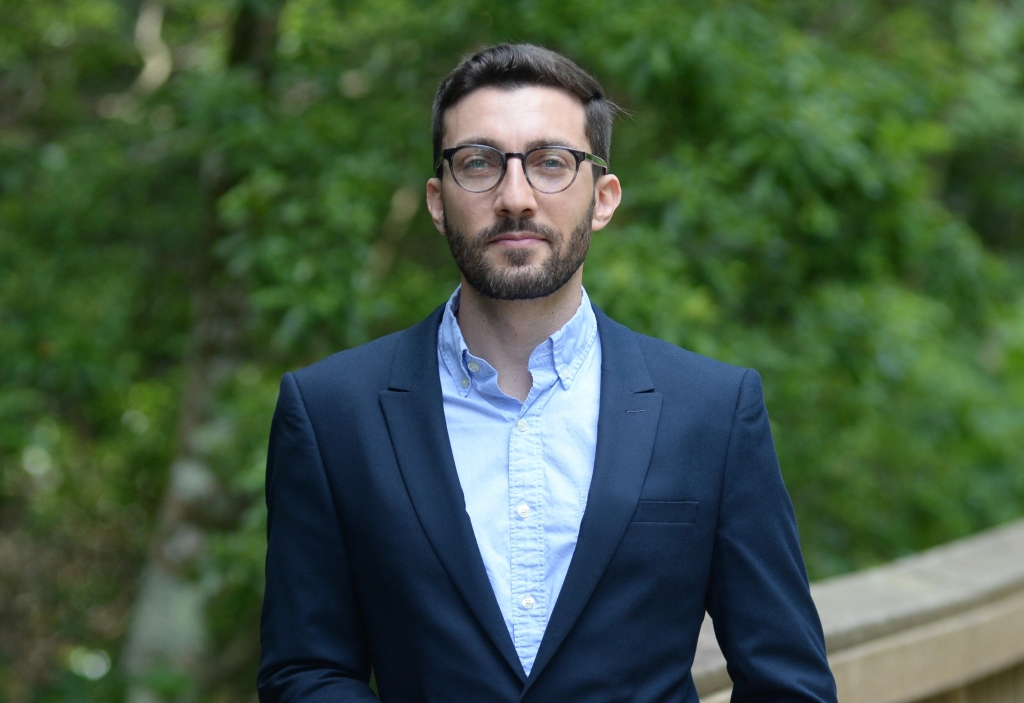By Joshua C. Gellers
Recent developments in the United States – a bill banning legal personhood for nonhumans in Utah and a court decision recognizing frozen embryos as persons in Alabama – reveal the fractured implementation of nonhuman personhood. Scholars have a duty to rectify inconsistencies and clarify concepts to realize the potential environmental, political, and social benefits of nonhuman personhood.
The issue of personhood for nonhumans has received much attention lately. In the span of two weeks in February 2024, Utah’s state legislature passed a bill banning legal personhood for natural and technological entities. Meanwhile, Alabama’s Supreme Court ruled that frozen embryos are children and thus persons deserving protection. These events highlight the volatile and incoherent current state of theory and practice surrounding nonhuman personhood.
The cacophony of these two developments suggests that the contours of personhood must urgently be clarified if society intends to take actions governing the moral and legal status of the more-than-human world. This is especially important as environmental activists increasingly look to innovative legal tools to bolster their advocacy.
One issue is the general lack of consistency when it comes to addressing legal personhood for nonhumans. Many jurisdictions throughout the world already recognize the legal status of entities such as corporations, estates, land, nations, religious idols, and ships, to name but a few. Yet, no metaphysical glue binds these nonhumans together, no unified theory. As Rafi Youatt cynically notes, legal personhood is ‘generally accepted as a useful fiction’. We use it to resolve conflicts and protect entities that cannot speak for themselves.
In Utah, a terse (2.5 pages) bill, which awaits the governor’s signature, limits the usefulness of legal personhood by prohibiting different entities from eligibility, including animals, artificial intelligence (AI), atmospheric gases, bodies of water, plants, and ‘any other member of a taxonomic domain that is not a human being’. Some observers speculate that this bill was introduced to hamstring statewide efforts to protect the Great Salt Lake using rights of nature. Yet, it remains unclear why AI and animals were listed as well. The bill’s original sponsor, Rep. Walt Brooks, stated when the legislation was introduced that ‘[legal personhood] is being misused by a lot of different entities to try to move agendas forward that are definitely not people’. As evidence, he cited the rights of nature movement and how legal personhood could be invoked to file sexual assault claims on behalf of a dairy cow. Interestingly, AI was not mentioned then. However, experts in this area have expressed concern that granting legal personhood to intelligent systems might allow corporations to evade responsibility. Air Canada recently tried to do so in a case it lost where a customer service chatbot gave a passenger inaccurate information about airfare reimbursement.
During discussion of the bill, Rep. Brian King rightly pointed out that this bill essentially usurps the role of the judiciary, whose job it is to interpret the law based on the facts of cases and controversies brought before it. While some theorists have argued that judges should not invent new categories of legal persons, this bill and others like it appear to violate the spirit of the separation of powers. Utah was perhaps hoping to follow in the footsteps of Florida, whose innocuously named ‘Clean Waterways Act’ includes a provision that preempts local governments from ‘recogniz[ing] or grant[ing] any legal rights to a plant, an animal, a body of water, or any other part of the natural environment that is not a person or political subdivision’. In 2022, a judge struck down a rights of nature charter amendment passed by public referendum in Orange County, Florida, based on this law.
Another issue stems from conflating different types of personhood. The theory on personhood stipulates that there are at least three common types: legal, moral, and psychological. Legal personhood typically discriminates between natural persons (i.e., human beings) and artificial or juristic persons (i.e., everything else). A fourth – relational personhood – emerged from anthropology and has begun influencing theories on everything from embryos and nature to robots. Each type of personhood differs in important ways, so it is a category mistake to use one when we mean another.
For instance, the Alabama Supreme Court in the LePage decision uses the word ‘person’ over 100 times. Yet, it fails to specify whether the argument hinges on the moral personhood of extrauterine embryos or their qualification as natural persons under legal personhood. This oversight is compounded by the majority approvingly citing the personhood analysis in the United States Supreme Court’s controversial Dobbs decision, which similarly equivocates between moral and legal personhoods while relying on obsolete literature dating to the early 1990s. An ironic consequence of the inattention to differences between personhoods is that it may strengthen the legal basis for extending to the unborn constitutional rights that pro-life advocates would likely oppose on ideological grounds.
As these two examples in the United States illustrate, the law on nonhuman personhood suffers from inconsistent application and conceptual confusion. Already we are witnessing the unfortunate and dangerous results of these persistent issues. Legislatures are preempting the ability of people to protect the environment through rights of nature. Judges are restricting basic human freedoms on the basis of erroneous and outdated legal reasoning. In addition, moral or legal personhood for technological entities, no longer merely the stuff of science fiction, has become debated in the halls of power. Yet, elected officials have begun imposing limits without adequately considering their potential ramifications. Given the stakes, it is incumbent upon legal scholars, philosophers, and other experts to take an active role in shaping the discourse and resulting policy around nonhuman personhood. The failure to act might seriously curtail efforts to advocate on behalf of ‘voiceless’ nonhumans who are vulnerable to the worst excesses of the Anthropocene.

Leave a comment